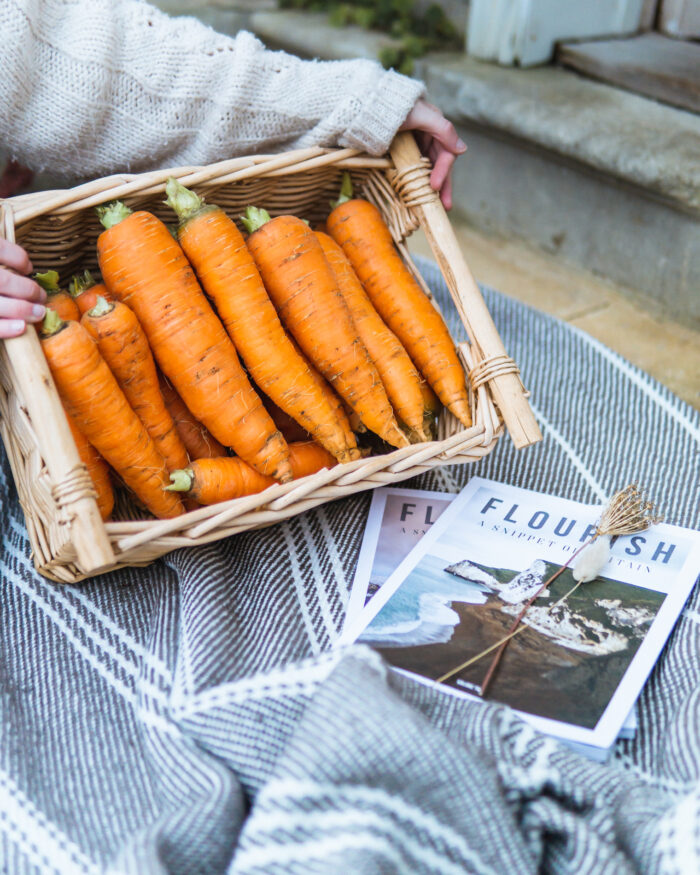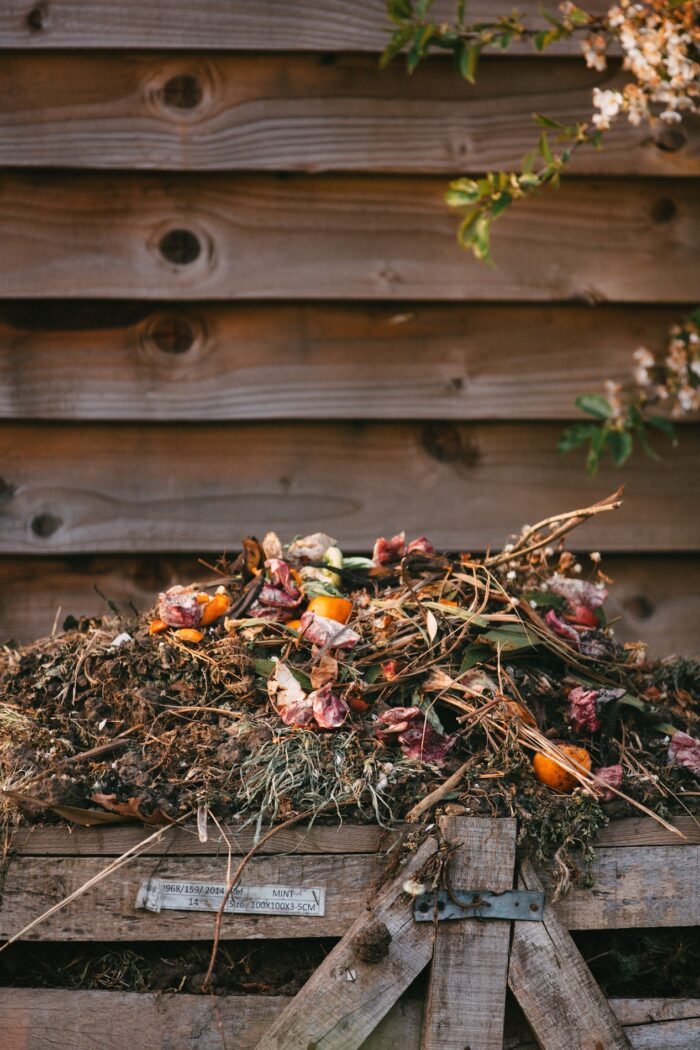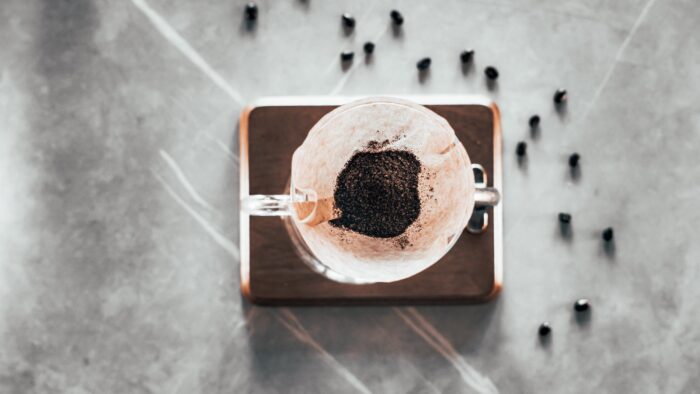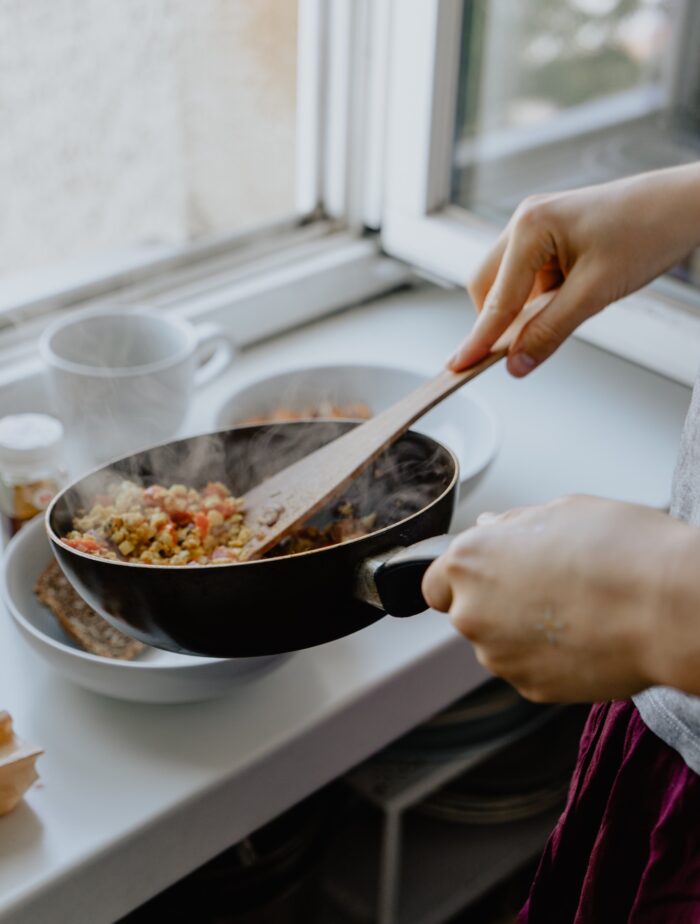Food waste prevention – How we can do our part
Food waste prevention – How we can do our part for Stop food waste day
33% of all food produced globally is lost or wasted with 8% of all greenhouse gas emissions each year are due to food loss and waste.
The 28th of April signifies ‘Stop food waste day”, a day for discussing ways that we can all do our part to help rectify this problem.
At Combe Grove, we source and use products thoughtfully. We choose products that are as environmentally friendly as possible and where possible, with either no or limited packaging. We think about how we can achieve this in our everyday actions and want to help our community in making small changes that make a big difference.
In the Caff in the Courtyard, we will not stock single-use products and only stock long-lasting quality products. When it comes to continuing to reduce our carbon footprint, every product we choose or partner we work with is located as close to Combe Grove as possible. Working with producers and makers who are local to us is a top priority, along with only buying what we will use. In our pledge to be as sustainable as possible, not only does supporting local business help the local economy, it is also a demonstration of our dedication towards becoming net zero.
4 small but effective solutions for food waste in our everyday lives
Eat the skin and save the seeds
Often, people remove and toss the skin from fruits, vegetables and meats. However, this is in fact, the most nutritious part. A raw apple with skin contains up to 332% more vitamin K, 142% more vitamin A, 115% more vitamin C, 20% more calcium than a peeled apple and a boiled potato can contain up to 175% more vitamin C and 110% more magnesium and phosphorus than a peeled one. Vegetable peels have also been found to contain significantly more fibre and antioxidants (source). Whilst some skins such as avocados and honeydew melon cannot be eaten, they can still be composted rather than thrown away.
When eating the skin of fruit and vegetables, however, it is important to ensure that you are buying organic, free from harmful pesticides. Eating the skin of fruit and vegetables is not only delicious and packed with important nutrients, but it is economical and reduces food waste impact.
Additionally, saving seeds can be a great way to prevent unnecessary food waste. Especially surrounding pumpkin carving season. Every year, more than 13 million pumpkins are wasted after the season. Pumpkin seeds can be cleaned, toasted and eaten whilst the rest.


Compost for food waste prevention
Research has found that almost half of the food waste in the average rubbish bin could have been composted. Composting is an effective and inexpensive method for turning food waste into food for your garden. Check out this composting 101 guide.
Repurpose coffee grounds and eggshells
If like many of us, you love a warm coffee in the morning before work, the chances are that you are chucking away your coffee grounds. However, these grounds are high in nitrogen, phosphorus and potassium, which are nutrients that you can use to feed your plants. Furthermore, coffee grounds are also known for being excellent natural mosquito repellent. Similarly, eggshells can be usefully repurposed once you have made use of the insides. Eggshells can be an effective fertilizer for your garden and scattering large pieces can feed the birds.


Make new meals out of leftovers
Get creative with leftovers. When you find yourself left with extra food, this doesn’t have to mean that there is going to be wasted food. The Greatist have shared 65 healthy meals that you can make from leftovers in your fridge.
To learn more about Combe Grove’s sustainability, green policies and our journey to Green tourism gold view our vision.